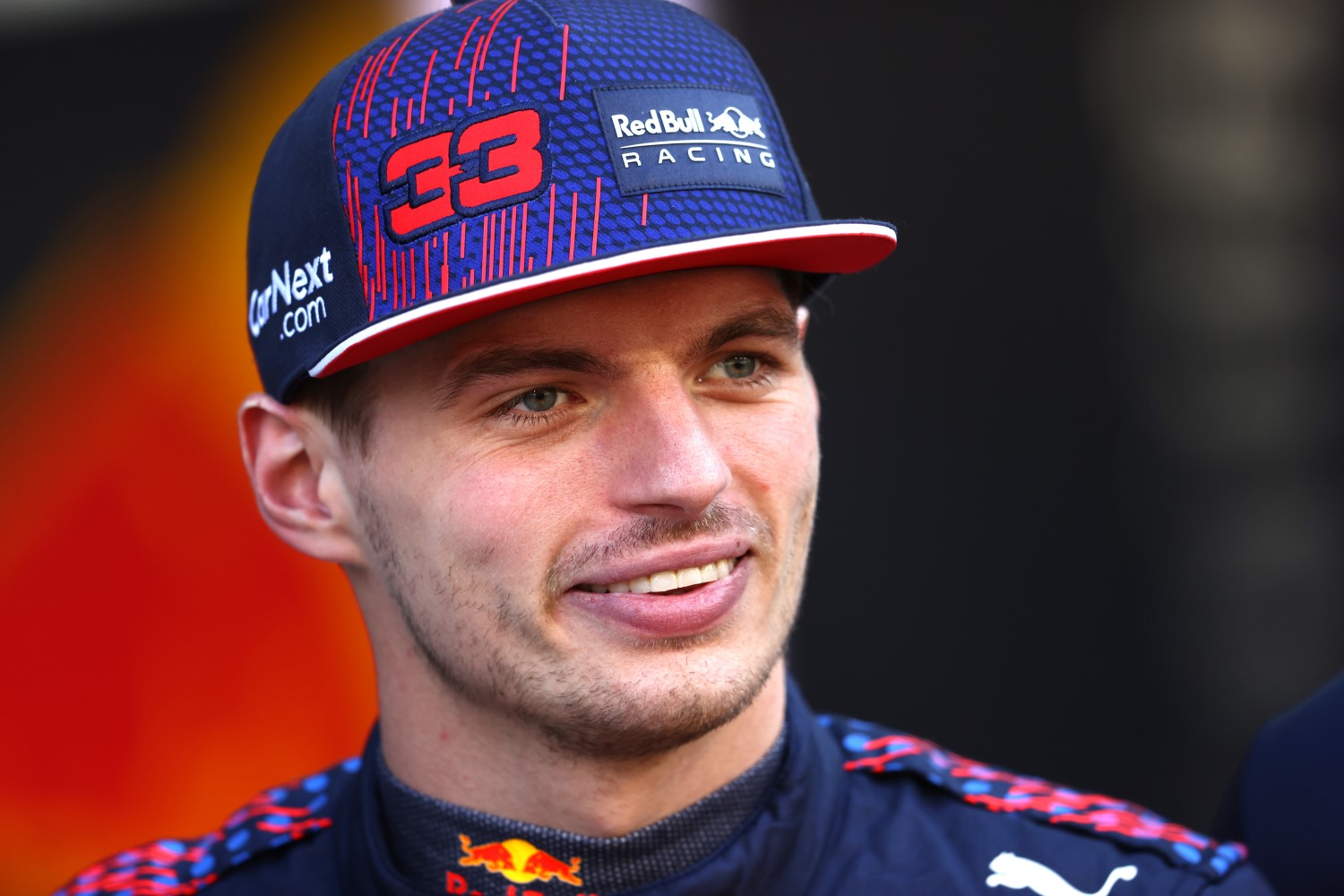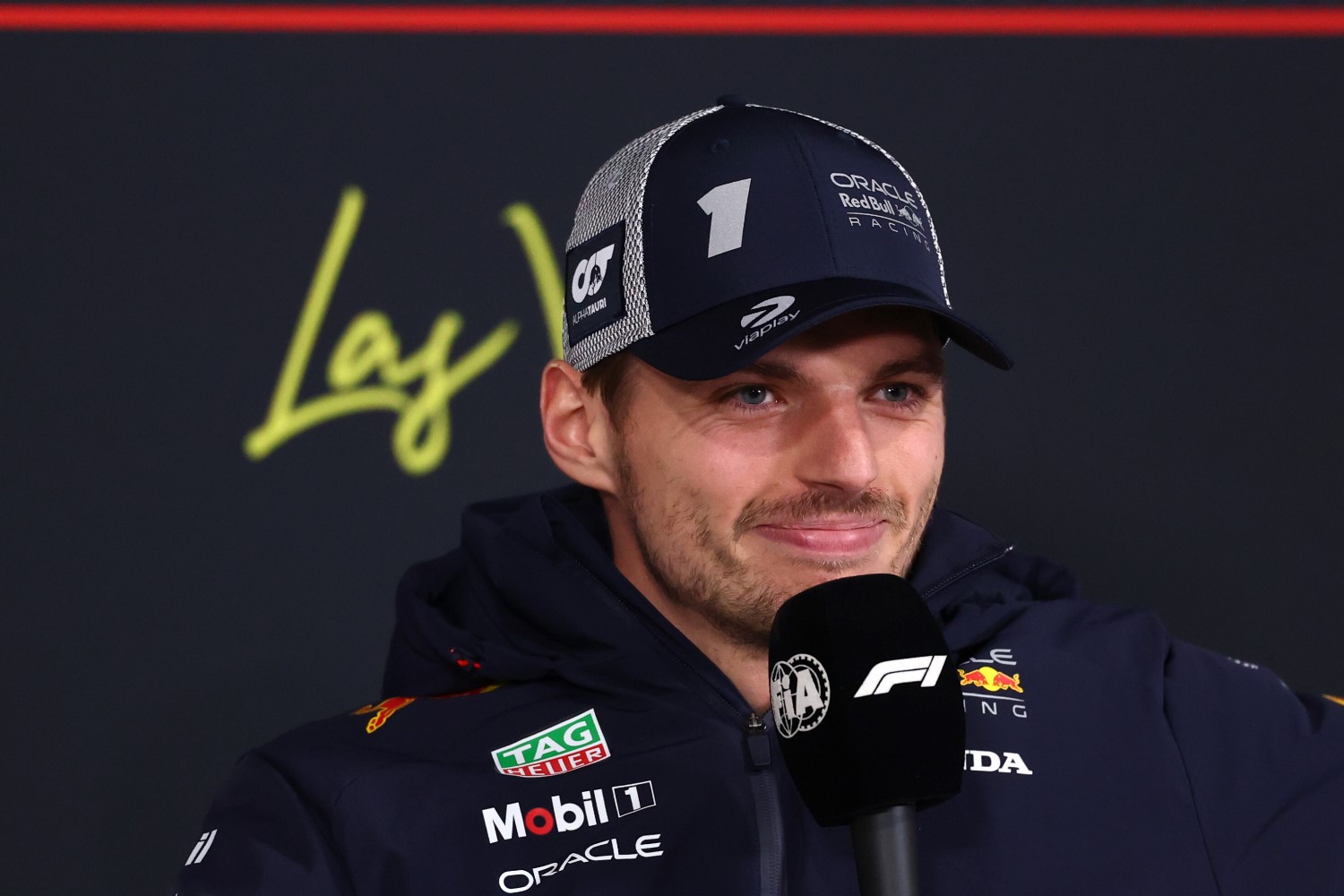Formula 1 News: Verstappen jokes about future F1 race number
(GMM) Max Verstappen (pictured) says he will consider switching his race number for 2026 now that the FIA has formally allowed mid-career changes – but admits his preferred option may not be available.
Speaking to Dutch media in Las Vegas, Verstappen said: “I do indeed need approval, so it’s a good question which number I’ll be driving next year.
“My favorite number is 3, but we still have to wait and see if that’s possible. We’ll look at it calmly over the winter.”
Editor’s Note: Verstappen has carried the temporary number of ‘1’ the last four years – reserved for the current World Driving Champion by the FIA
Under the amended regulations, a number can only be reassigned if it has been unused for two full seasons. Daniel Ricciardo last competed with number 3 in Singapore 2024, meaning it would technically still be blocked for 2026.
The rule exists because a driver without a full-time seat may return – as Valtteri Bottas (77) and Sergio Perez (11) will with Cadillac.
Verstappen admitted he had floated other ideas.
“Actually, I wanted 69,” he smiled. “But my dad didn’t think that was a good idea. I thought it was great – the number looks the same from every angle. From a marketing point of view, perfect!”
He said he also likes 27 – “the 2 and the 7 look nice together” – but that number is taken by Nico Hulkenberg. For now, 3 remains his preferred choice, but “other numbers are cool too”.
Verstappen’s current number 33 was chosen because he used it as a child in karting.

Elsewhere, the Dutchman shared his ideas for improving Formula 1 on the Securing the Win podcast.
“Definitely a lot fewer races. Only the good tracks – not too many street circuits,” he said. “Two-day race weekends, no sprints. One practice, one qualifying and a race. That’s enough. I’ve already driven an F1 car a lot.”
Editor’s Note: Won’t happen. Race organizers need three days of revenue to pay the huge F1 sanctioning fees. If F1 drivers want keeping earning the huge salaries they get today, they have to work hard for it. 24 to 25 races per year, all with 3-day weekends, will remain the norm.
